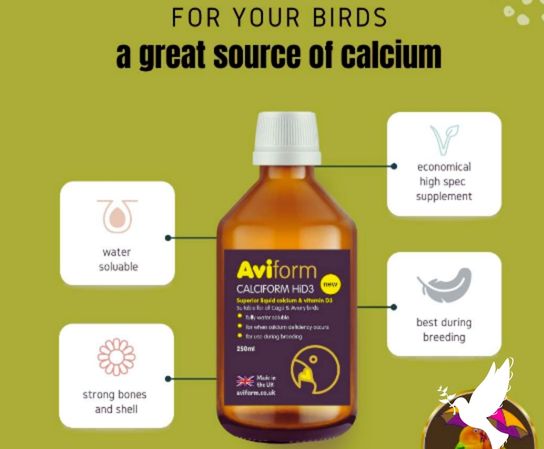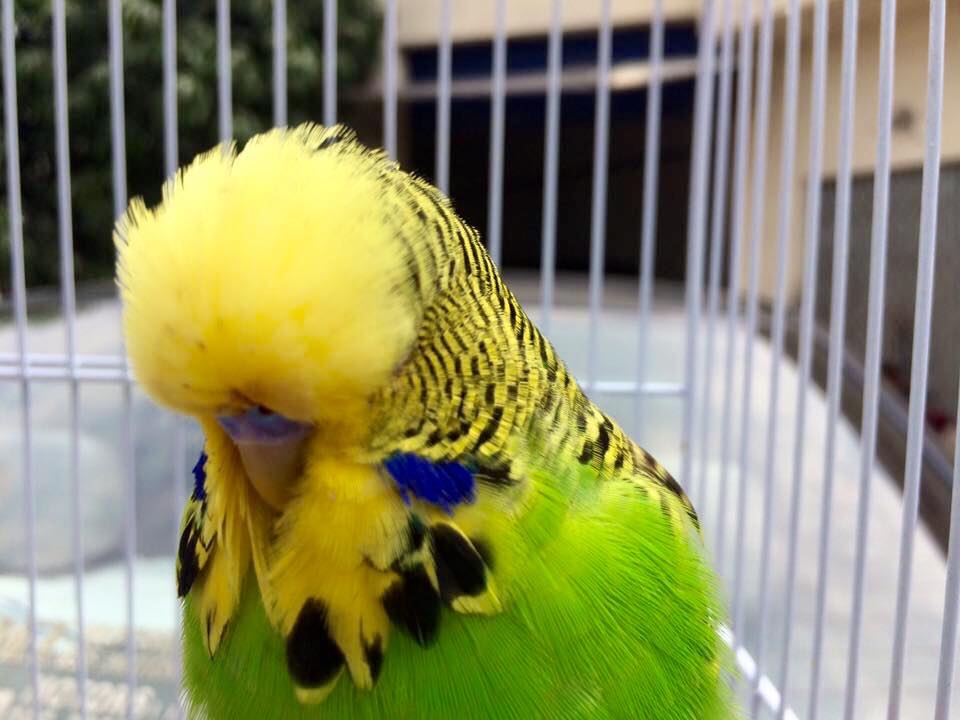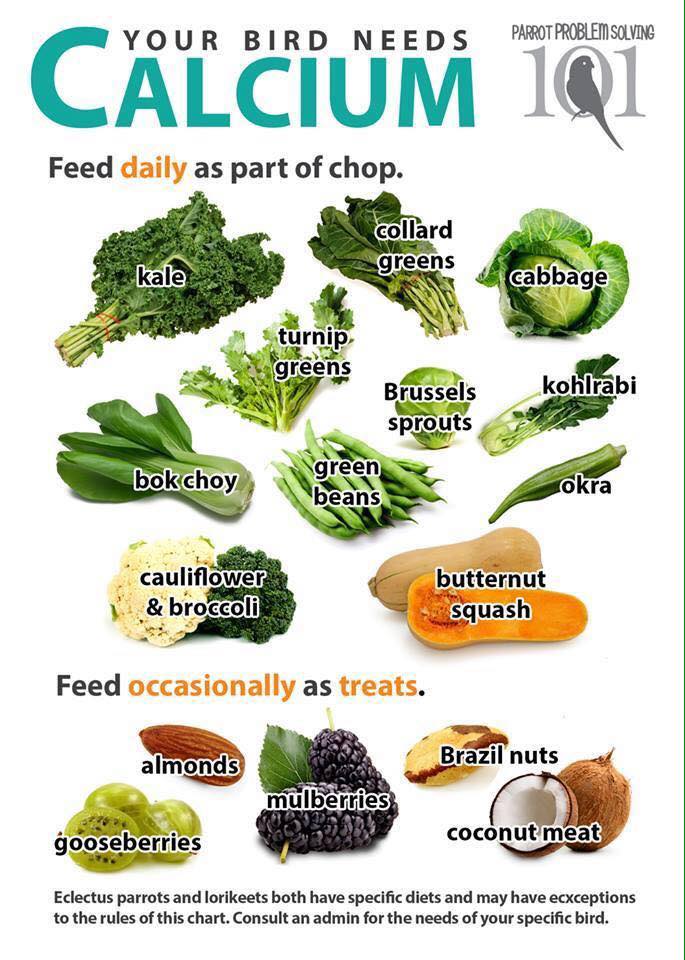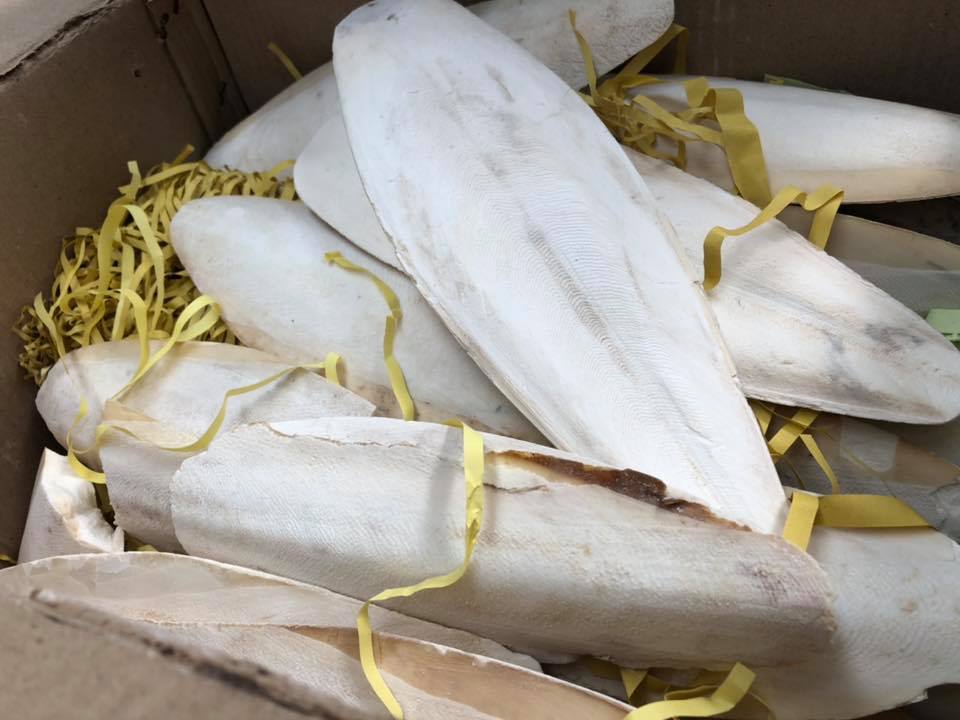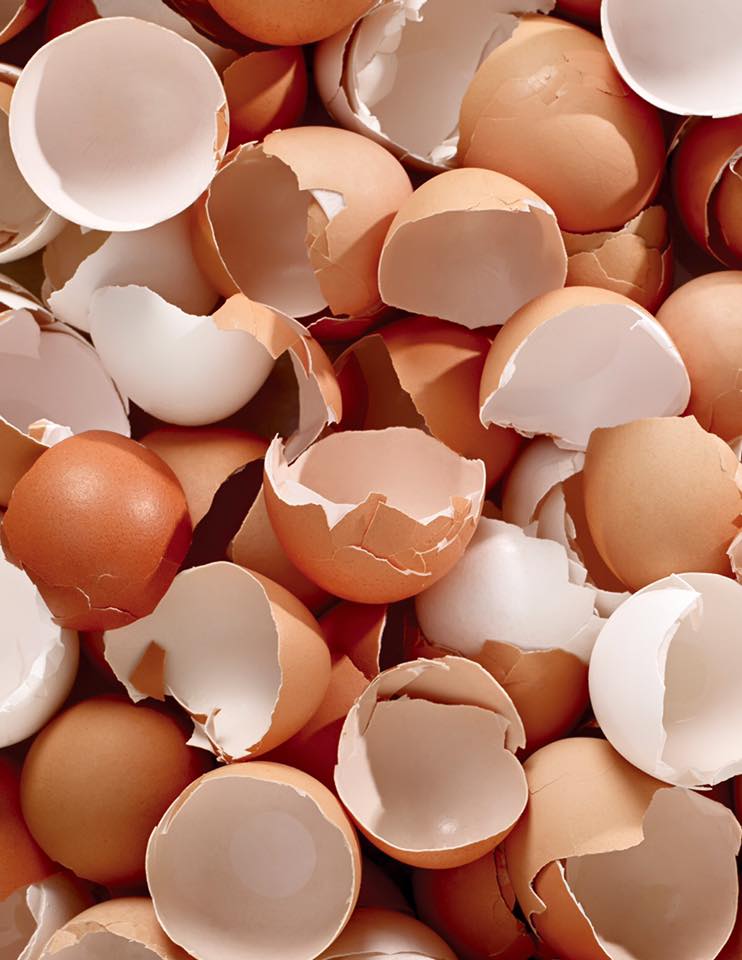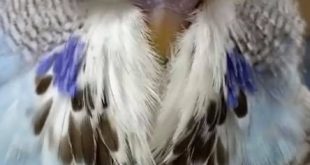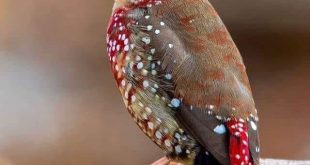Why Calcium for birds so important?
Calcium is an essential nutrient for birds, as it plays a critical role in maintaining their bone health, eggshell formation, and overall bodily functions. Best Calcium for birds is particularly important for birds that are breeding or laying eggs, as they require high levels of calcium to produce strong and healthy eggs.
Birds can obtain calcium from a variety of sources, including their diet and supplements. Calcium-rich foods that are commonly fed to birds include dark leafy greens, broccoli, carrots, squash, nuts, and seeds. Many commercial bird feeds also contain added calcium to ensure that birds are receiving an adequate amount of this important nutrient.
It’s important to note that the calcium requirements for different bird species can vary, so it’s essential to consult with a veterinarian or avian specialist to ensure that your bird is receiving the appropriate amount of calcium in their diet. Additionally, too much calcium can be harmful to birds, so it’s important to avoid over-supplementing their diet with calcium.
What are the symptoms of low calcium in birds?
The symptoms of low calcium in birds can vary depending on the severity and duration of the deficiency, but some common signs to watch for include:
Weak or brittle bones: Birds with low calcium levels may develop weak or brittle bones, which can lead to fractures, deformities, or difficulty flying.
Soft or thin eggshells: If a female bird is laying eggs, low calcium levels can result in soft or thin eggshells, which can break easily or may not develop properly.
Muscle weakness or tremors: Calcium plays a role in muscle function, so birds with low calcium may experience weakness or tremors in their muscles.
Reduced appetite: Birds with low calcium may lose their appetite, which can lead to weight loss and further nutrient deficiencies.
Seizures: In severe cases, low calcium can lead to seizures, which can be life-threatening.
It’s important to note that these symptoms can also be caused by other health conditions, so it’s essential to consult with a veterinarian or avian specialist if you suspect that your bird may have low calcium levels, which might be better step to providing quality calcium for birds. We hope that this paragraph is helpful to identify about symptoms of calcium deficiency in birds.
How do Birds get Calcium Naturally?
There are several natural sources of calcium that birds or Show Budgies can obtain from their diet, as well as these foods are known as calcium rich foods for birds such as:
Dark leafy greens: Kale, spinach, collard greens, and other dark leafy greens are high in calcium and can be fed to birds as part of a balanced diet.
Vegetables: Broccoli, carrots, squash, and other vegetables are also good sources of Natural calcium for birds.
Nuts and seeds: Almonds, sesame seeds, and other nuts and seeds are high in calcium and can be fed to birds as a healthy snack.
Grains: Some grains, such as quinoa and amaranth, are high in calcium and can be included in a bird’s diet.
Eggshells: Crushed eggshells can be a good source of calcium for birds, but it’s important to make sure that they are thoroughly cleaned and sterilized before feeding them to your bird.
Capitative ways to providing calcium for birds
Birds can obtain calcium from a variety of sources, including their diet and supplements. Some common sources of calcium for birds include:
Calcium-rich foods: Many fruits, vegetables, nuts, and seeds are high in calcium and can be fed to birds as part of a balanced diet. Dark leafy greens such as kale, spinach, and collard greens, as well as broccoli, carrots, squash, and almonds, are all good sources of calcium.
Commercial bird feeds: Many commercial bird feeds contain added calcium to ensure that birds are receiving an adequate amount of this important nutrient.
Calcium supplements: Calcium supplements for birds, such as cuttlebones or mineral blocks, can be provided to birds as a supplemental source of calcium.
You should be remembered that the calcium requirements for different bird species can vary, so it’s essential to consult with a veterinarian or avian specialist to ensure that your bird is receiving the appropriate amount of calcium in their diet. Additionally, too much calcium can be harmful to birds, so it’s important to avoid over-supplementing their diet with calcium.
How do you treat calcium deficiency in birds?
Calcium deficiency is a common problem in birds, especially in female birds during egg-laying. Calcium is an essential mineral required for bone development, muscle function, and nerve transmission in birds. If a bird is deficient in calcium, it can lead to skeletal problems, muscle weakness, and even death.
The treatment of calcium deficiency in birds involves several approaches, including dietary changes, supplements, and veterinary care. Here are some steps you can take to treat calcium deficiency in birds:
Change the diet: Provide your bird with a well-balanced diet that includes a variety of calcium-rich foods, such as dark leafy greens, broccoli, carrots, and fortified bird food. Avoid feeding your bird high-fat or low-calcium foods such as seeds, nuts, and fruit.
Calcium supplements: Calcium supplements can be given to birds with calcium deficiency. These supplements are available in various forms, including calcium powder, cuttlebone, or crushed eggshells.
Vitamin D3 supplementation: Vitamin D3 helps birds to absorb calcium from their diet. Birds can produce vitamin D3 through exposure to sunlight. If your bird is not getting enough sunlight, you can provide a vitamin D3 supplement.
Veterinary care: If your bird is severely calcium deficient or has underlying health problems, it is essential to seek veterinary care. Your veterinarian may recommend a blood test to assess the bird’s calcium levels and other diagnostic tests to determine the underlying cause of the deficiency.
In summary, treating calcium deficiency in birds involves providing a calcium-rich diet, supplements, and veterinary care as needed. It is essential to monitor your bird’s health and make sure it receives the proper nutrition to prevent calcium deficiency and other health problems.
How we can make Calcium Blocks for Birds at home?
Making calcium blocks for birds at home is possible with a few simple ingredients. Here’s a recipe for a basic calcium block that you can try:
Ingredients:
1 cup calcium carbonate powder (food grade)
1/2 cup fine-grain grit (such as crushed oyster shell or finely ground granite)
1/4 cup water
Instructions:
Preheat your oven to 250°F (120°C) and line a baking sheet with parchment paper.
In a mixing bowl, combine the calcium carbonate powder and fine-grain grit. Mix well.
Gradually add water to the mixture, stirring constantly, until it forms a thick, paste-like consistency.
Spoon the mixture onto the prepared baking sheet and shape it into a block about 1 inch (2.5 cm) thick.
Bake the block in the preheated oven for about 30-45 minutes, or until it is dry and hard.
Once the block has cooled, you can offer it to your bird in their cage. They will peck at it as needed for a source of calcium and minerals.
Note: This recipe can be customized by adding other ingredients, such as dried herbs or ground seeds, to the mixture before baking. It’s important to consult with a veterinarian or avian specialist before offering any homemade bird food or supplements to your pet, to ensure that it meets their nutritional needs. So we suggest that you should try these types of block calcium for birds.
- Best source of calcium for budgies
What is a liquid supplement for birds?
A liquid supplement for birds is a dietary supplement that is formulated to provide birds with essential nutrients that may not be present in their regular diet. These supplements are typically added to the bird’s drinking water or mixed into their food, and can come in a variety of forms, such as vitamins, minerals, amino acids, probiotics, and other beneficial additives.
Liquid bird supplements may be especially beneficial for birds that have a limited diet, are recovering from an illness or injury, or are experiencing nutritional deficiencies. However, it is important to consult with a veterinarian or avian specialist before introducing any new supplements into your bird’s diet to ensure that they are safe and appropriate for your specific bird species and situation.
can you use Reptile Calcium for Birds?
Reptile calcium supplements are not specifically designed for birds and may not be appropriate for their nutritional needs. While reptiles and birds share some similarities in their dietary requirements, they have different calcium requirements and absorption rates.
Birds require a different form of calcium supplement than reptiles because they absorb calcium differently. Birds absorb calcium primarily in the duodenum, while reptiles absorb calcium in the lower intestine. Therefore, bird calcium supplements usually contain vitamin D3, which helps with calcium absorption in the duodenum.
If you want to provide calcium supplementation to your bird, it’s best to use a calcium supplement specifically designed for birds. These supplements typically contain the right amount and type of calcium, as well as other nutrients that help with calcium absorption. You can consult with breeders’ bird nutritionist to find the best calcium supplement for your bird’s specific needs.
Article Source by Google: wikipedia
